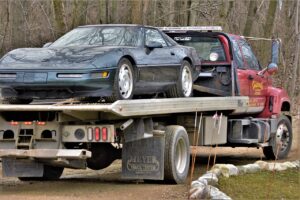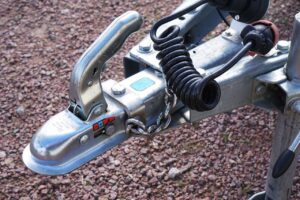In the burgeoning world of indoor farming and hydroponics, grow lights have become indispensable for their role in plant growth and health. However, the effectiveness and safety of these systems hinge not just on the quality of the light but also on the power cables that energize them. Navigating the U.S. electrical standards for grow light power cables is crucial for both commercial growers and hobbyists alike. Understanding these standards ensures compliance, safety, and efficiency in your indoor gardening endeavors.
Understanding the Basics
The United States has a comprehensive set of electrical standards that govern the manufacturing, testing, and certification of electrical products, including grow light power cables. The National Electrical Code (NEC) and the standards set forth by Underwriters Laboratories (UL) are two key components in these regulations.
- National Electrical Code (NEC): The NEC, or NFPA 70, provides the foundation for electrical safety in residential, commercial, and industrial settings. For grow lights, the NEC outlines requirements for overcurrent protection, grounding, and the types of cables or wiring methods that are acceptable in different environments.
- Underwriters Laboratories (UL): UL is a global safety certification company that sets industry-wide standards for products, including electrical cables. UL 4703, for example, is a standard specific to photovoltaic (solar) cable, but its criteria for durability, temperature resistance, and conductor material can also guide the selection of grow light power cables.
Key Considerations for Grow Light Power Cables
When selecting power cables for grow lights, several factors must be taken into account to ensure they meet U.S. electrical standards:
- Cable Type and Insulation: Choose a cable type that is suited for the environment of your grow operation. For wet or damp conditions, cables with moisture-resistant insulation are necessary. Look for cables that are designated as UL-listed to ensure they meet the required safety standards.
- Voltage and Current Ratings: The power cable must be capable of handling the voltage and current requirements of your grow lights without overheating. This involves selecting a cable with adequate conductor size and insulation rating for your system’s power demands.
- Temperature Resistance: Grow light systems can generate significant heat. Ensure that the power cables are rated for high temperatures to prevent degradation of the cable insulation over time.
- Flexibility and Durability: Depending on the setup of your grow lights, you may need cables that offer flexibility for easy installation or movement. However, this should not come at the expense of durability, especially in environments where mechanical damage is a possibility.
- Compliance and Certification: Always verify that the power cables have the appropriate markings indicating compliance with NEC and UL standards. This not only ensures safety but also facilitates inspections and approvals in commercial settings.
Implementing Best Practices
Adhering to the following best practices can further ensure the safety and efficiency of your grow light system:
- Regular Inspection: Periodically inspect power cables for signs of wear, damage, or overheating. Promptly replace any cables that show signs of deterioration.
- Proper Installation: Follow manufacturer guidelines for cable installation, including considerations for cable supports, bending radius, and protection from physical damage.
- Consult Professionals: When in doubt, consult with a licensed electrician or a professional familiar with the NEC and UL standards. This is particularly important for large or commercial grow light setups.
Conclusion
Navigating U.S. electrical standards for grow light power cables is a critical aspect of setting up a safe and efficient indoor farming system. By understanding and adhering to these standards, growers can ensure their operations are not only compliant but optimized for success. Remember, the integrity of your grow light system begins with the power cable.
If you need custom wiring harness or cable assemblies, feel free to contact WiringLabs.



